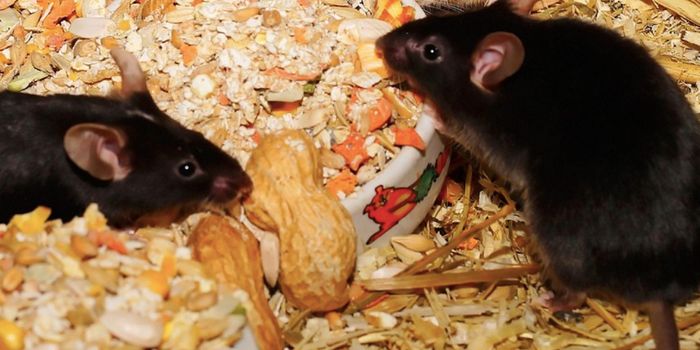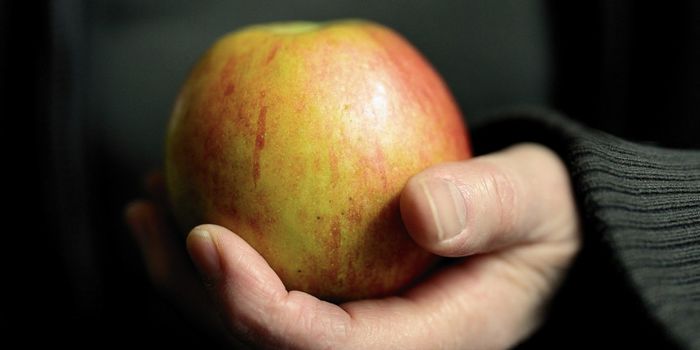Dogs and Monkeys Both Have An Innate Sense of Morality, Study Finds
Animals aren’t as dim-witted as some people think, and there is growing evidence that a variety of animal species share a lot of the similar intelligence qualities to that of humans, whether they have as advanced of an ability to tap into that intelligence or not.
On the other hand, one prime example of where many kinds of animals seem to be consistently under-credited for their intelligence is in the department of emotions. Emotions aren’t just a human-oriented quality; they are seen in several animals, including birds, dogs, monkeys, and even marine life.
Image Credit: Skeeze/Pixabay
In the case of dogs and monkeys, for example, a recent study published in the journal Neuroscience & Behavioral Reviews by researchers from Kyoto University suggests that these kinds of animals are fully capable of deciding whether or not the things you do to other animals or people are morally adequate.
For lack of better words, if you do something that’s wrong or morally frowned upon, some animals know it and will judge you for it.
The researchers studied the way animals acted after humans behaved a certain way in various circumstances. Three different tests were enacted, each involving capuchin monkeys and dogs.
In one example, a human asked another human for help opening a can in the presence of one of a monkey. In another example, a human with several balls in his hand walked into the presence of a dog and was asked to give one of them to another human. And the final example was a repeat of the previous experience, only in the presence of a monkey instead of a dog.
As a result of the testing, animals watched as some of the humans agreed to the requests, and some declined. After watching these events go down, everyone involved in the enactments attempted to give the witnessing animals a treat. In every single instance, there was hesitance from the animals to accept treats from humans who previously declined to help another human in distress, but they freely accepted treats from the nicer humans who actually did offer help.
The research would suggest that animals have an understanding of who’s mean and who’s nice. Furthermore, they have the mental capacity to act on morals and partake a wary attitude against anyone who seems to lack morality.
Although the tests are primitive and potentially arguable, they do serve as a potentially important baseline for understanding animal/human interaction, as well as the intelligence of animals and their understanding of emotions.
Next time you choose not to be the ‘nice guy’ in front of your pets, just keep in mind that they might remember you as a mean person.
Source: Phys.org









